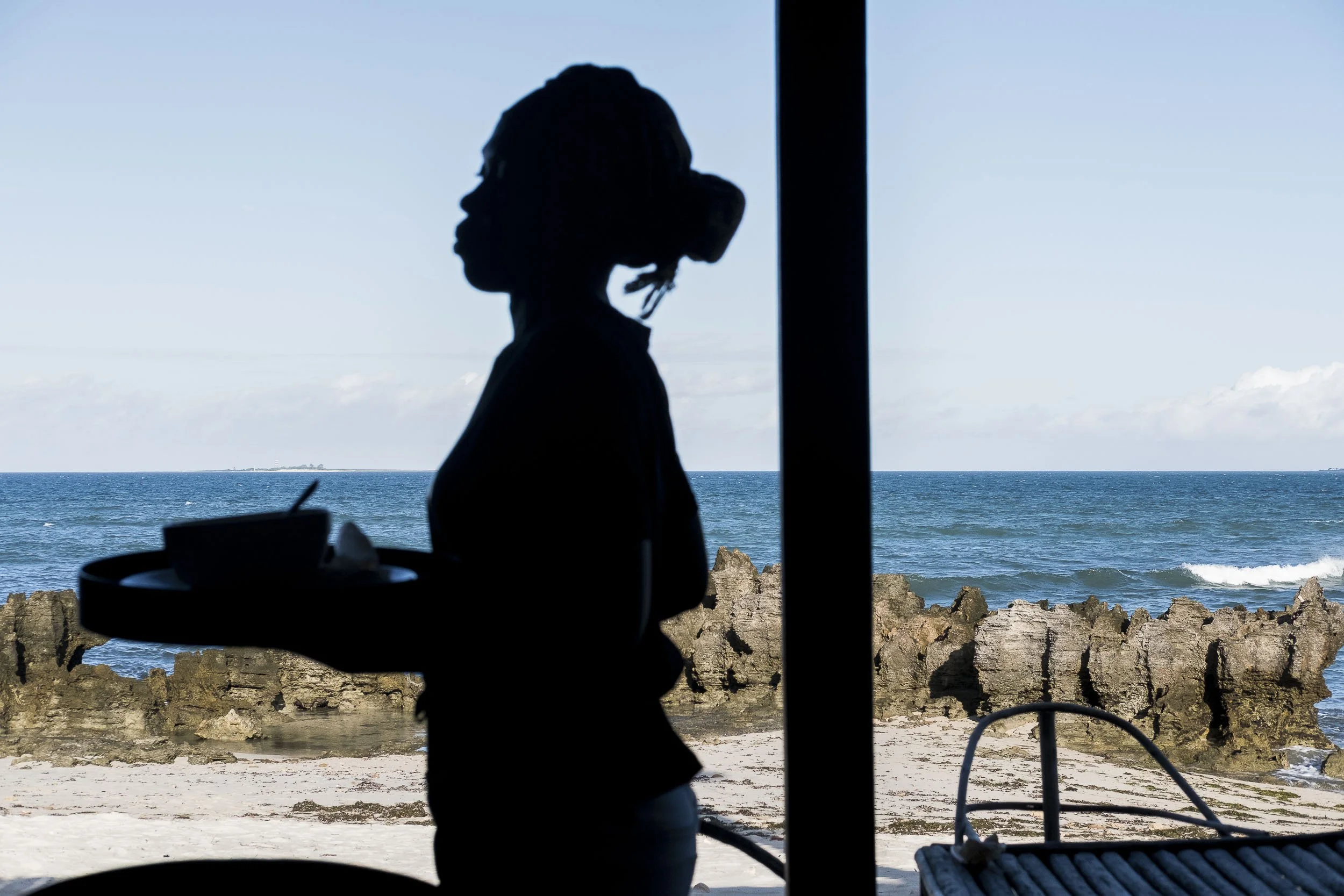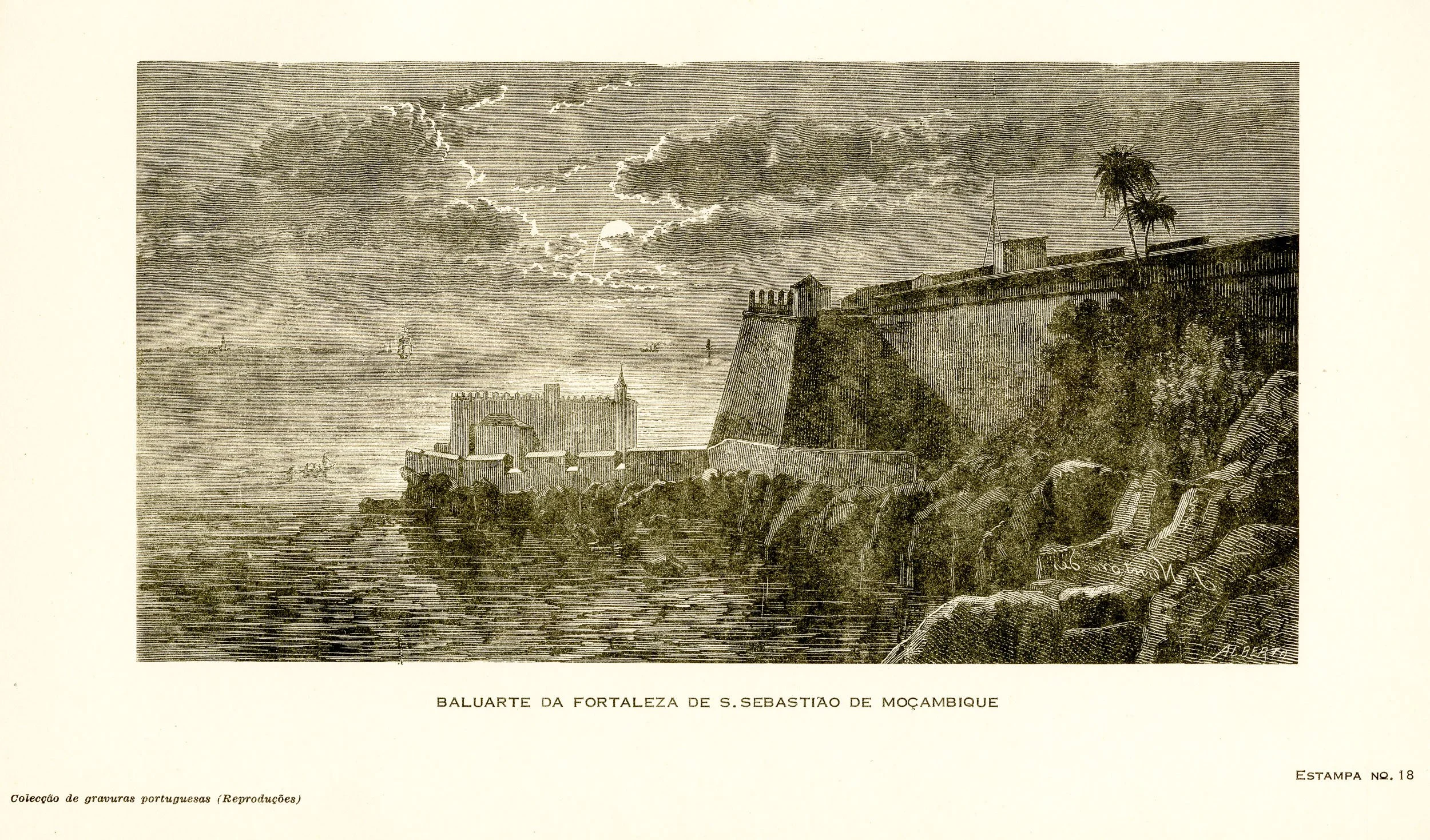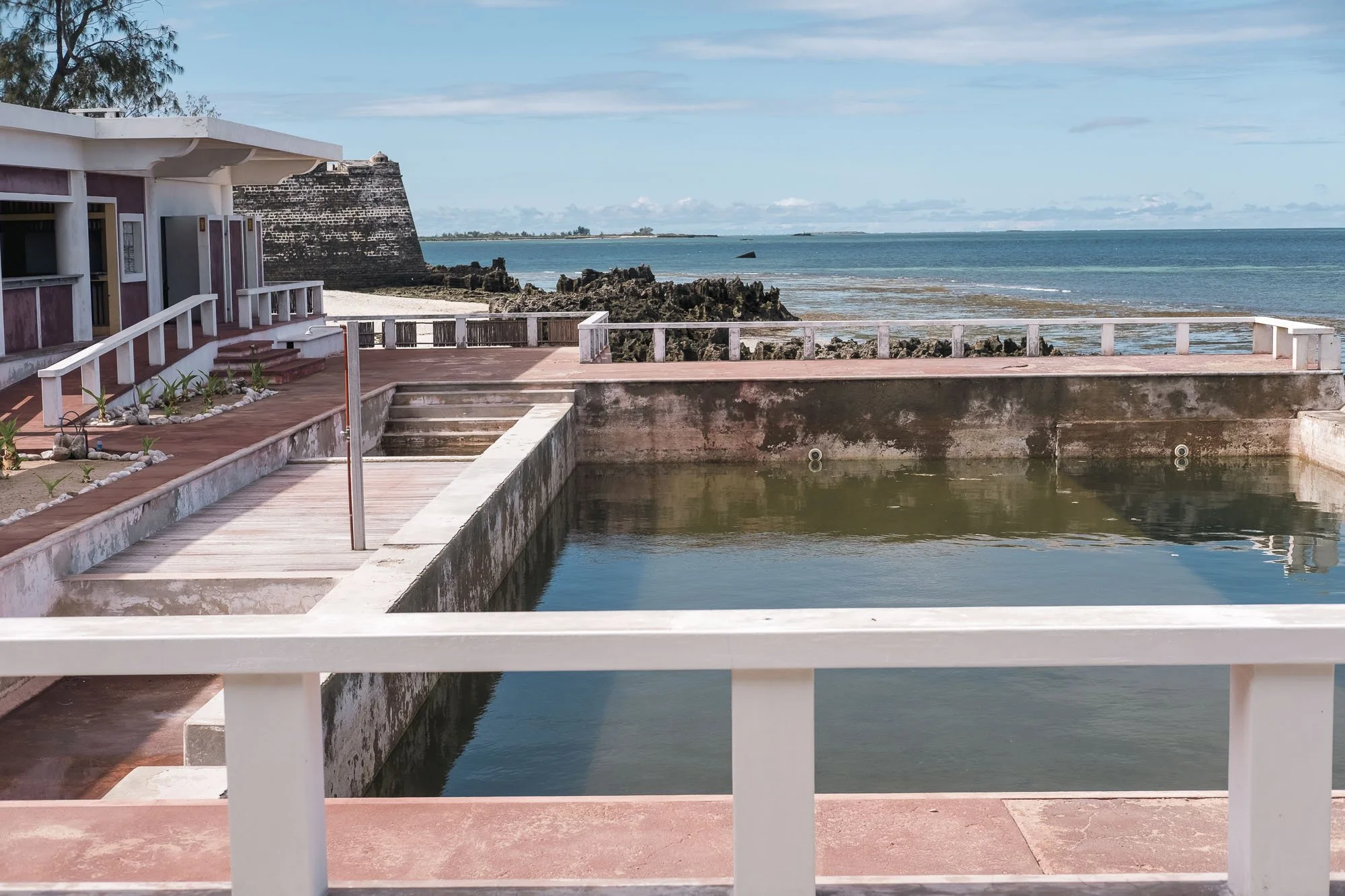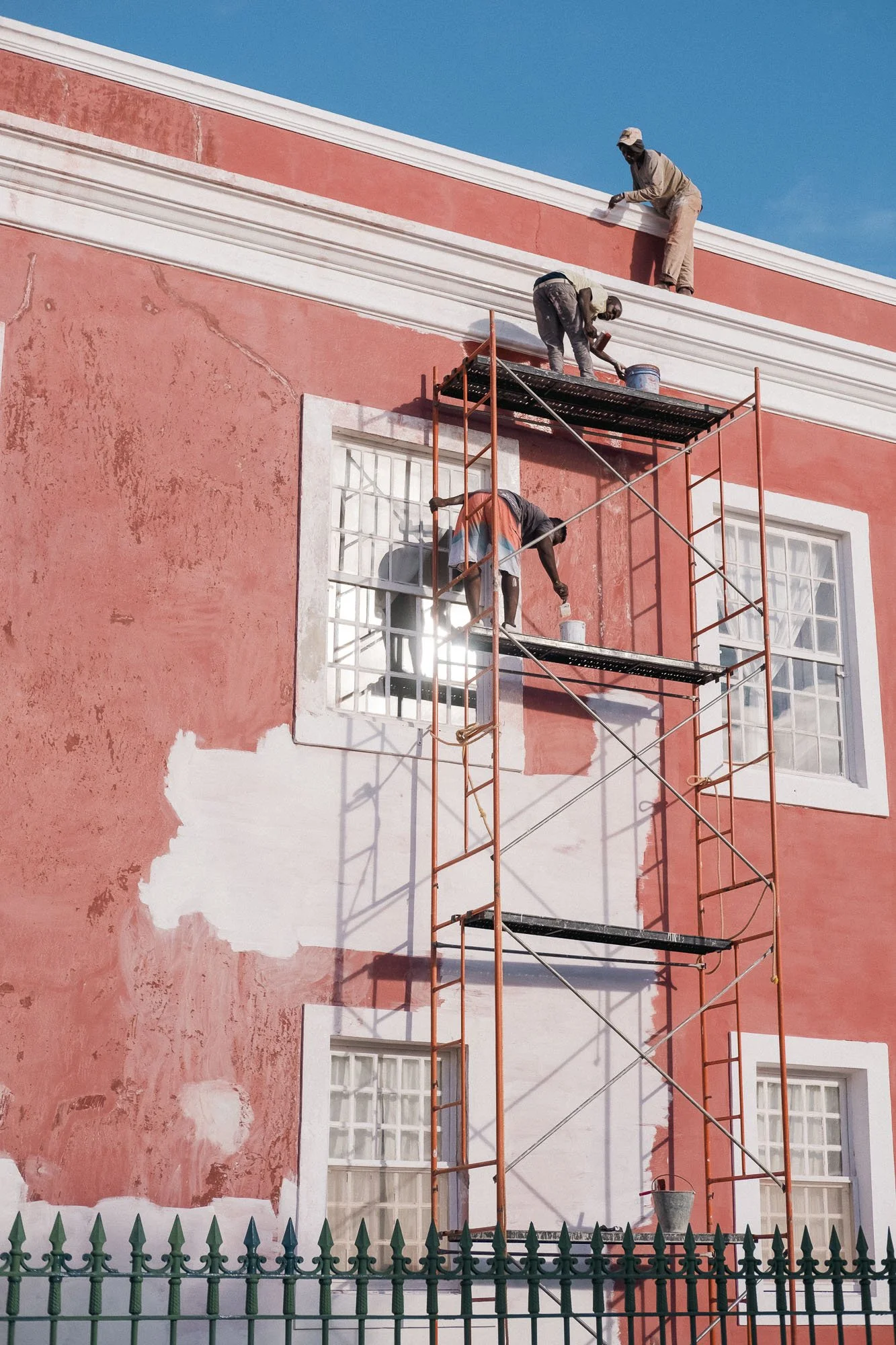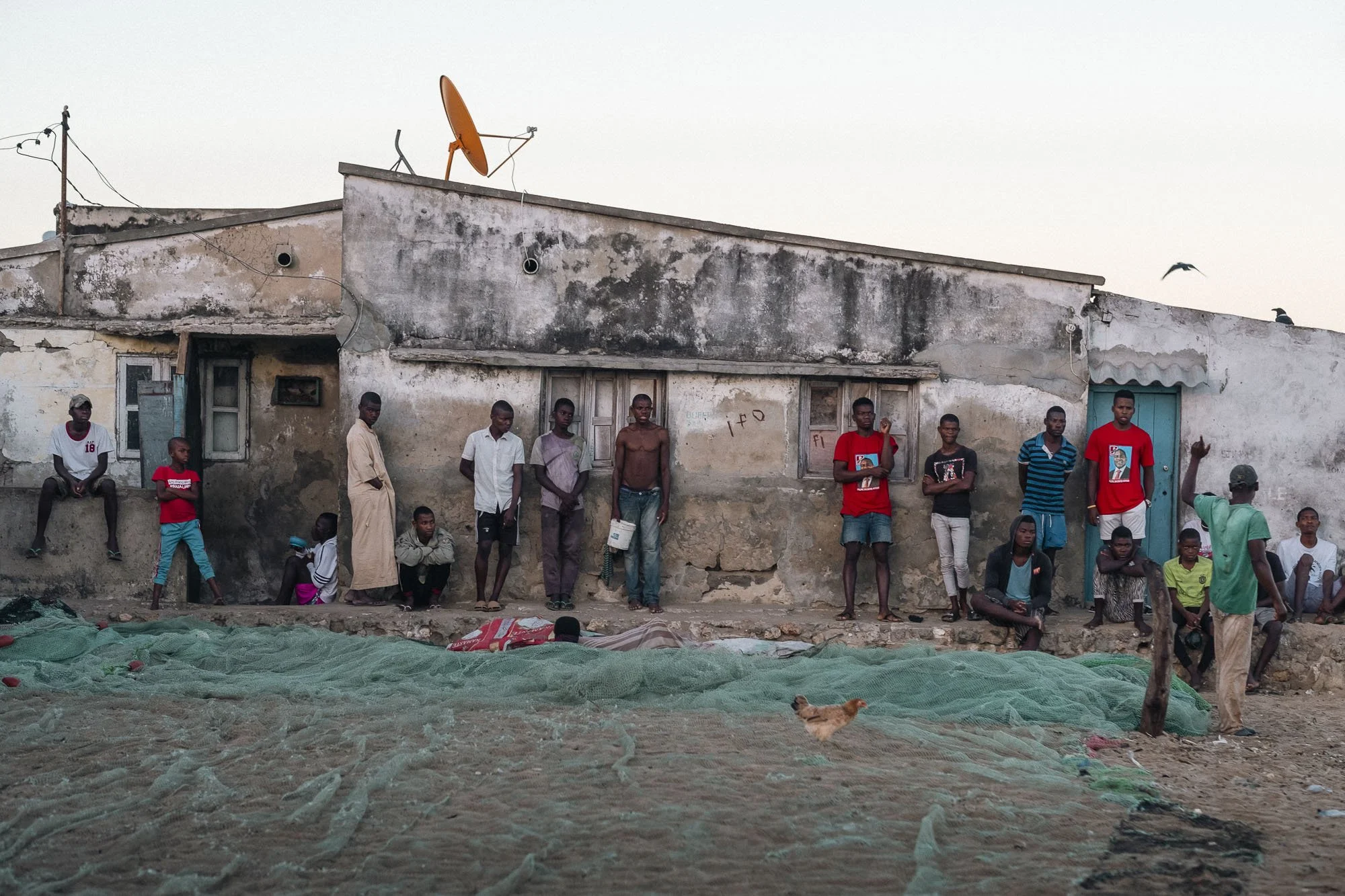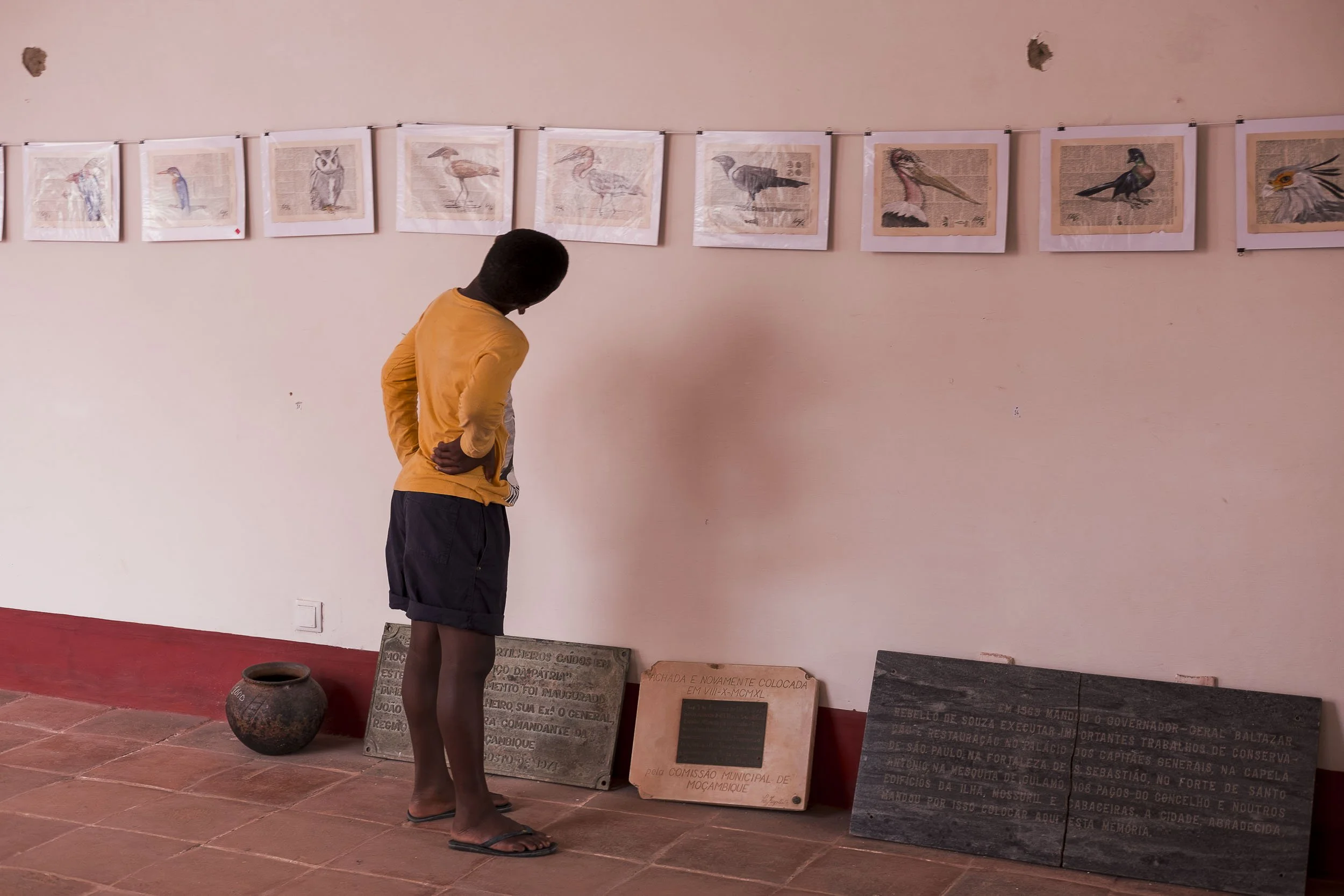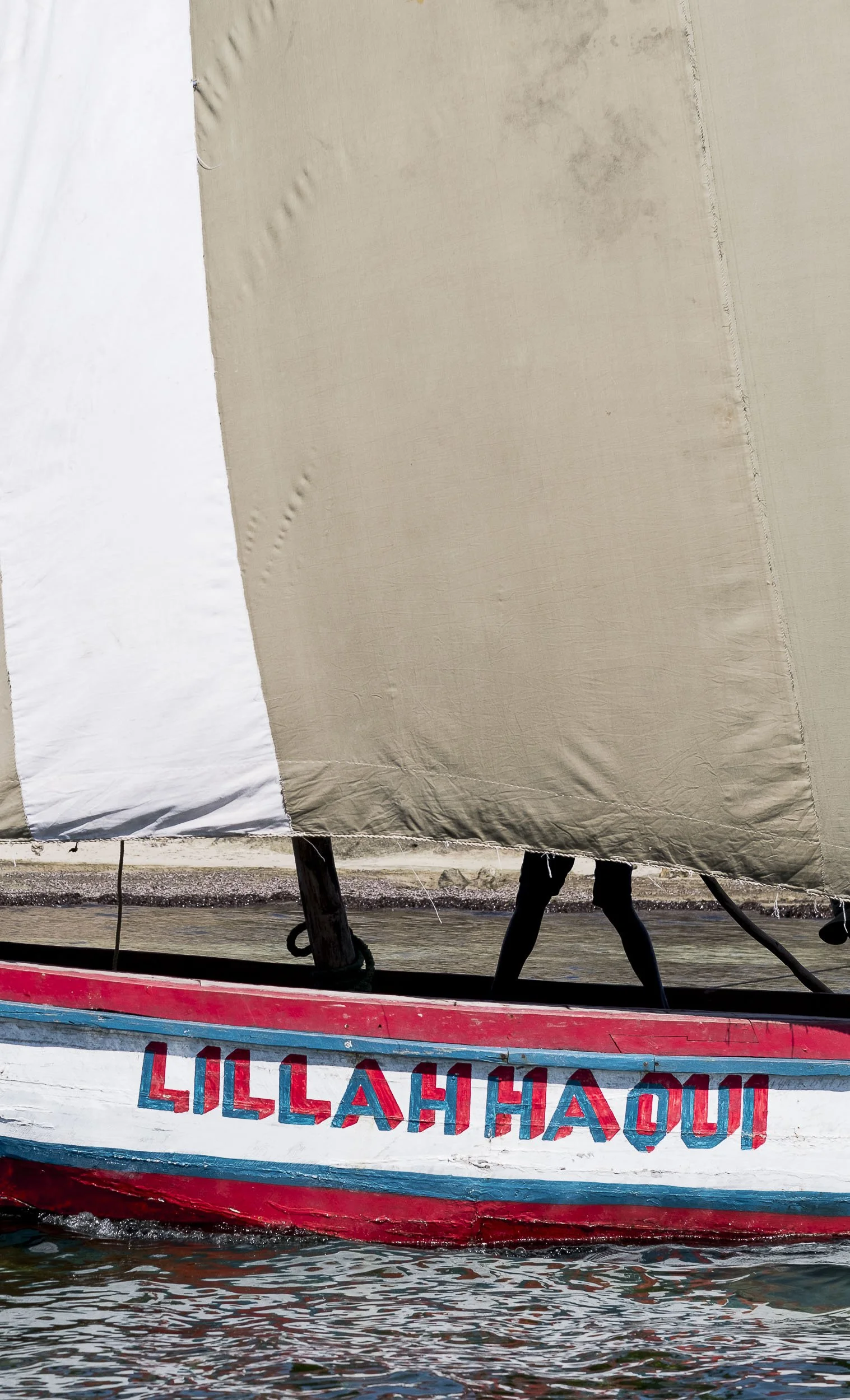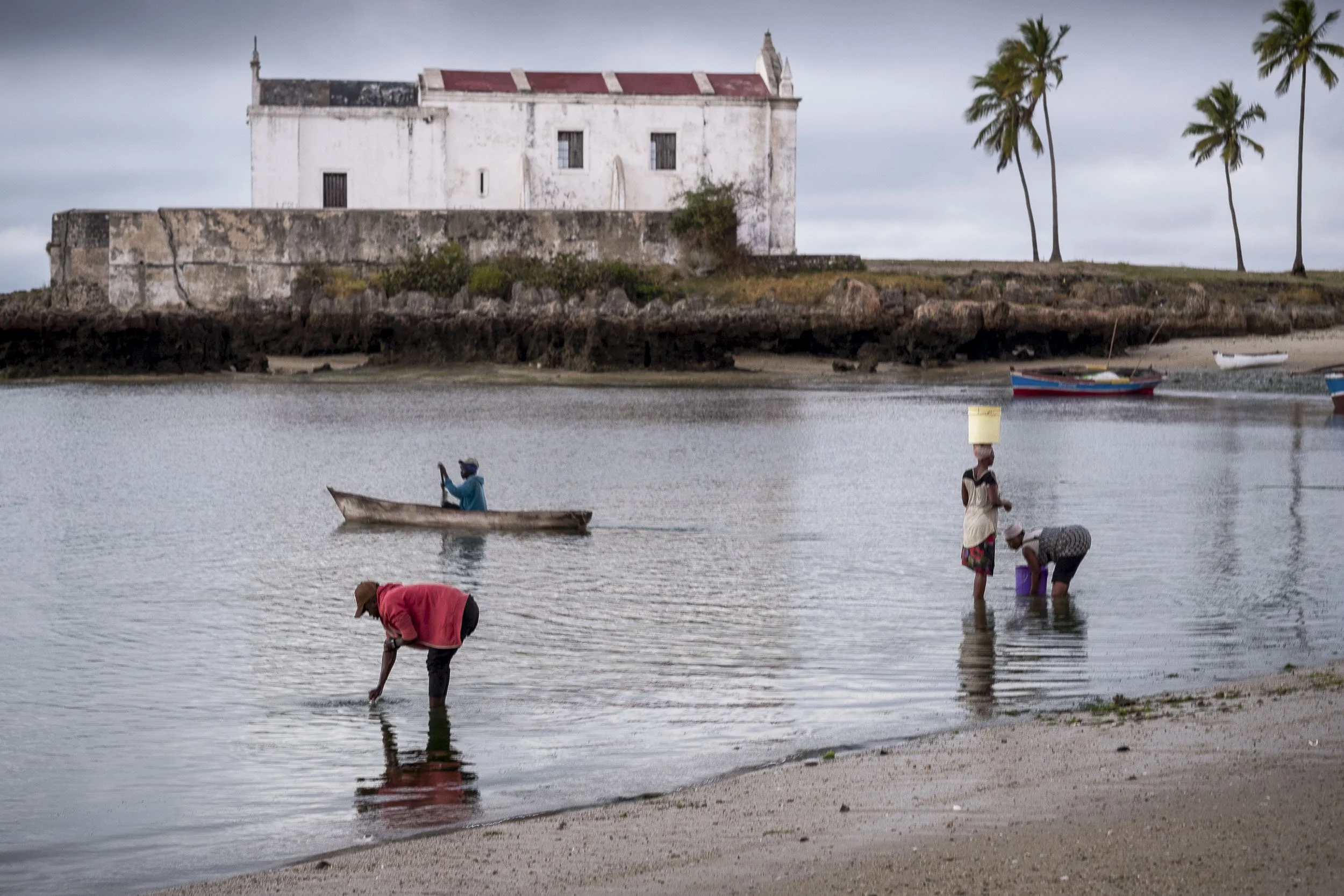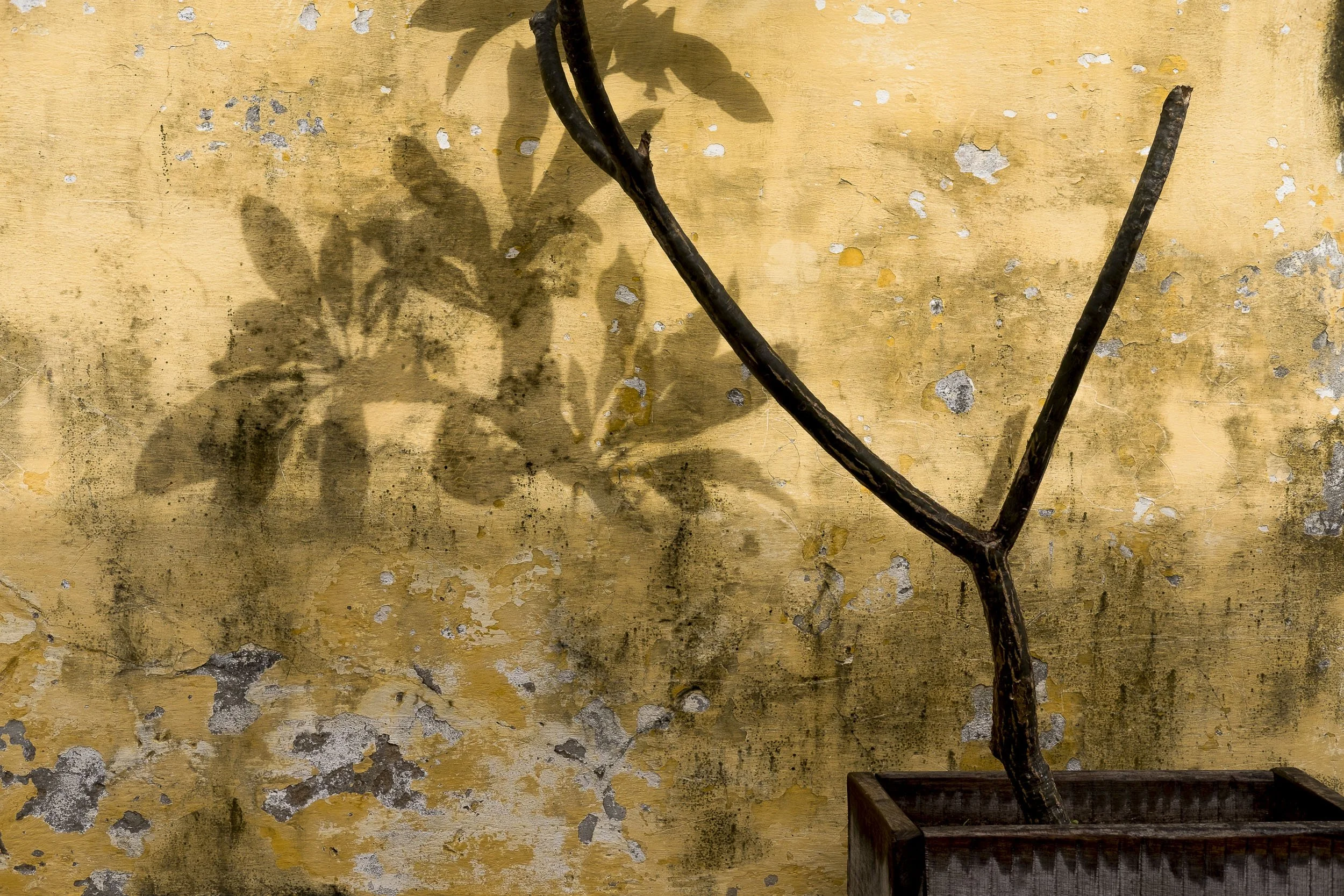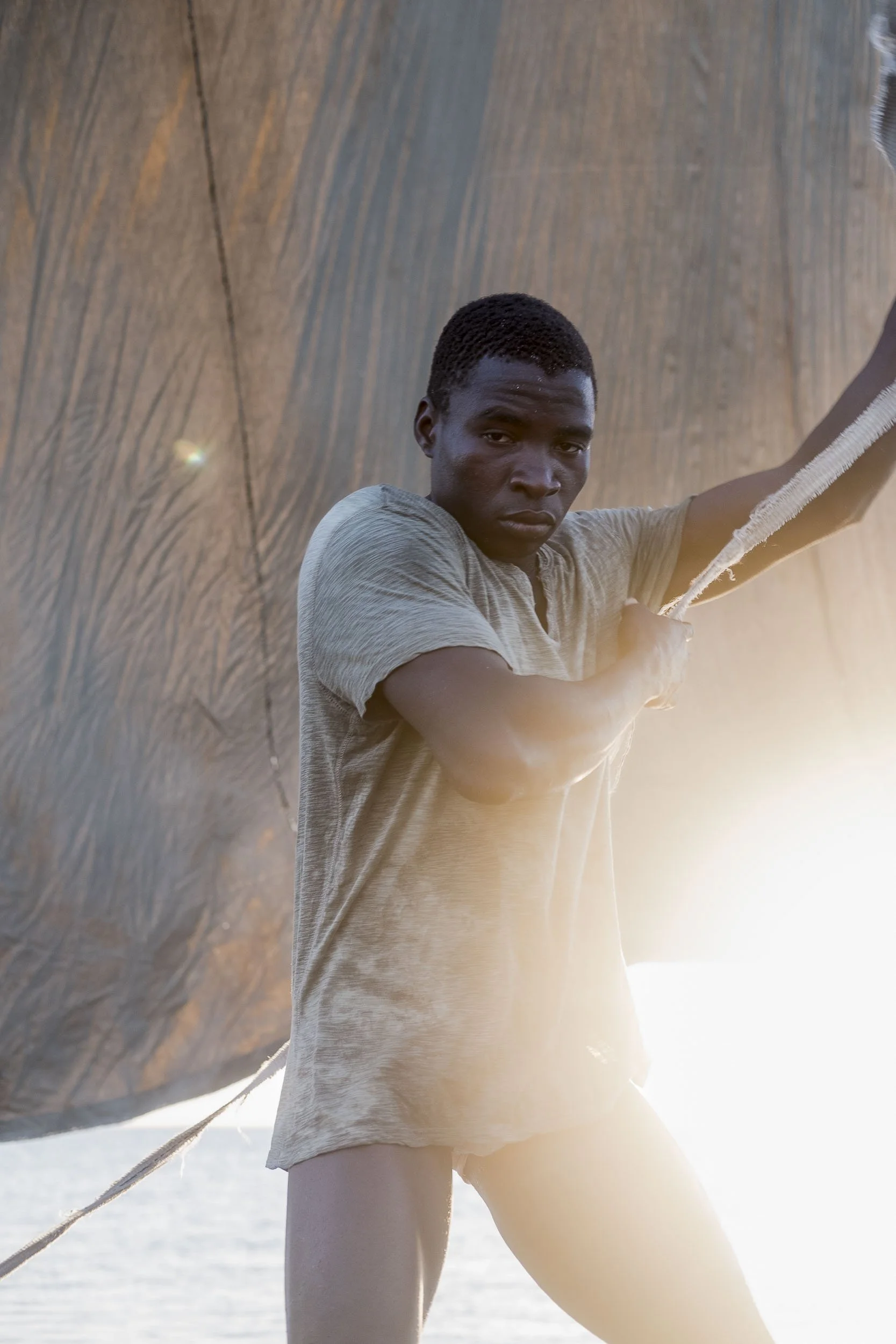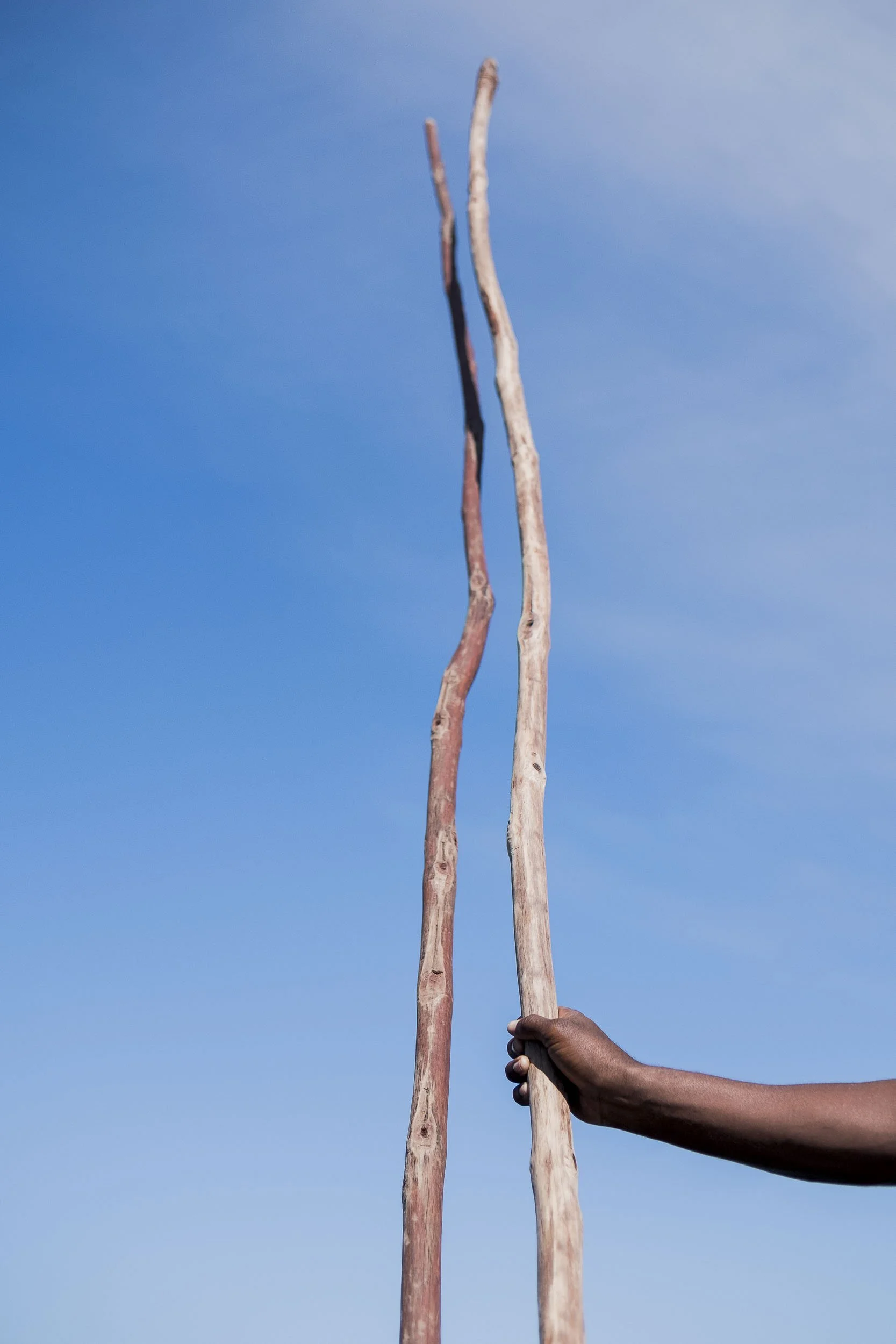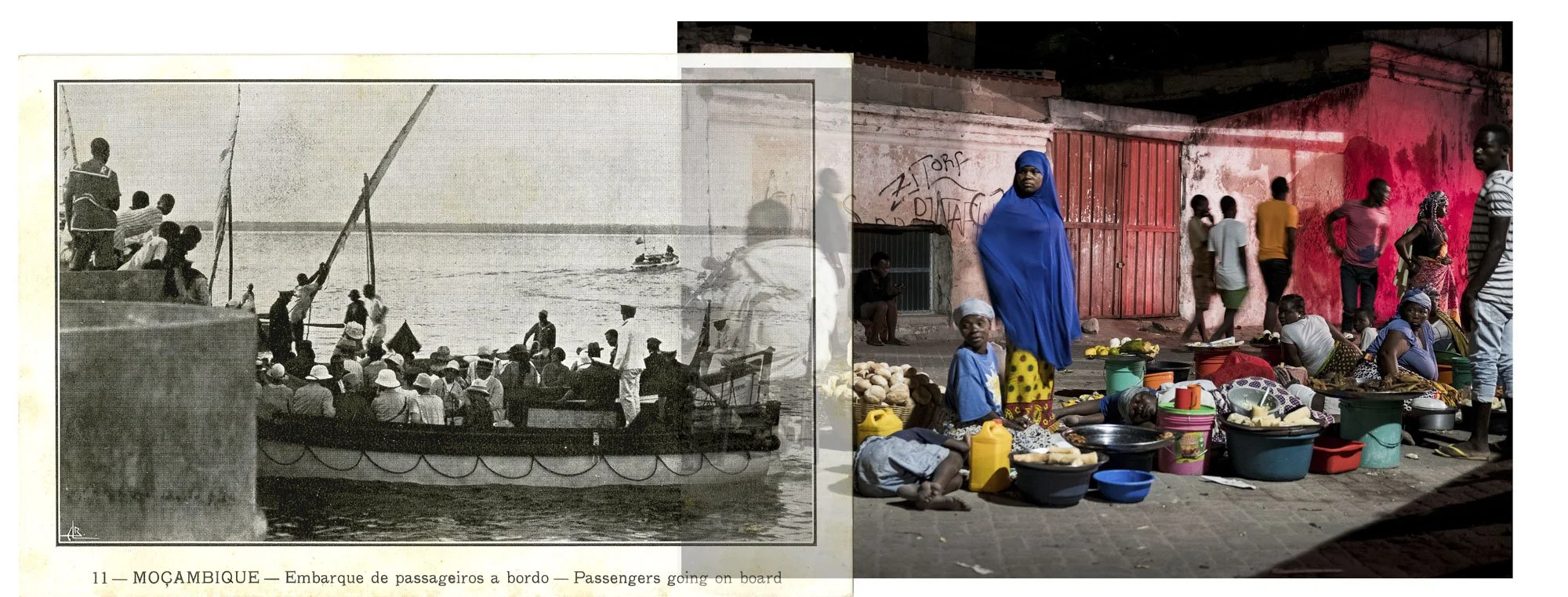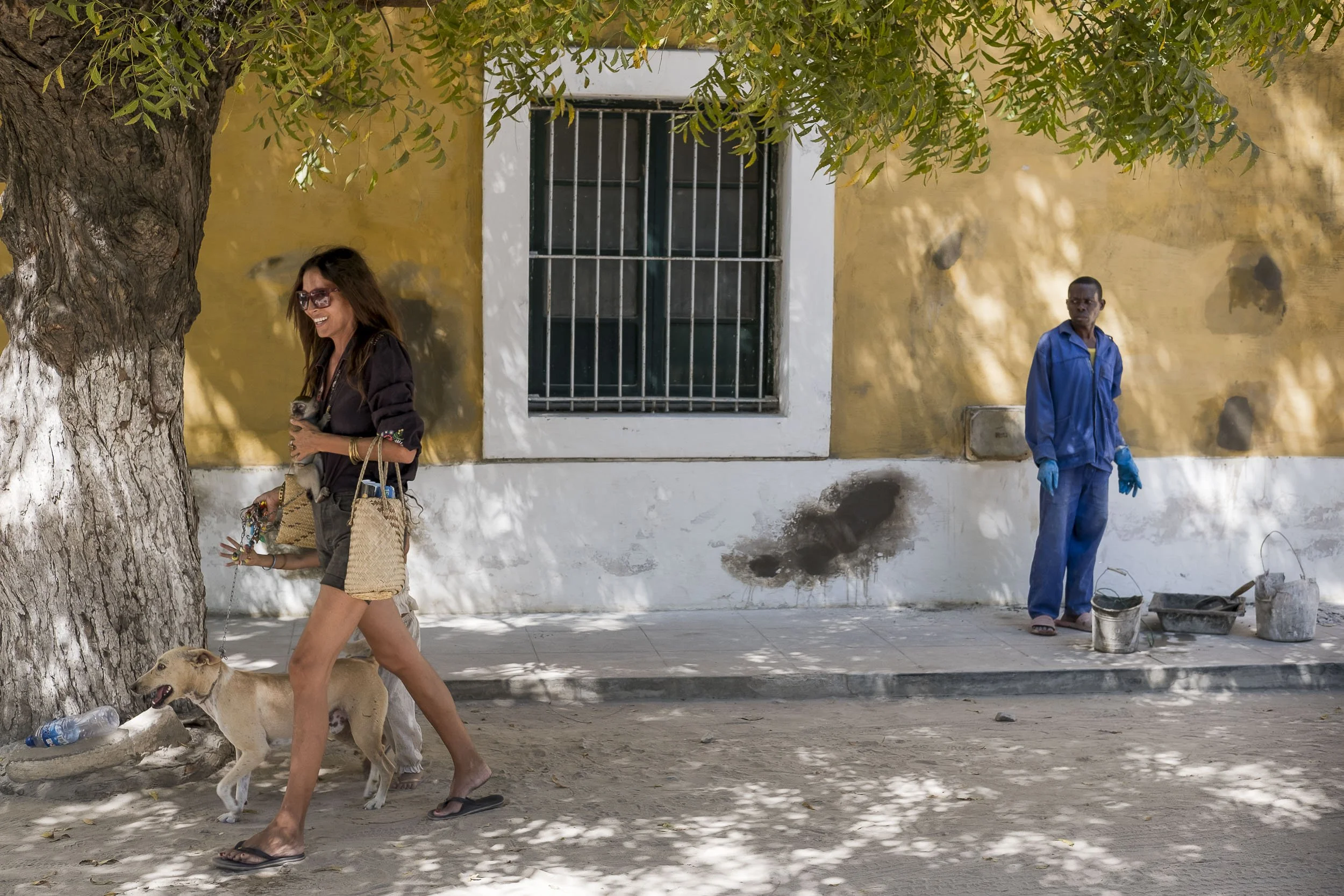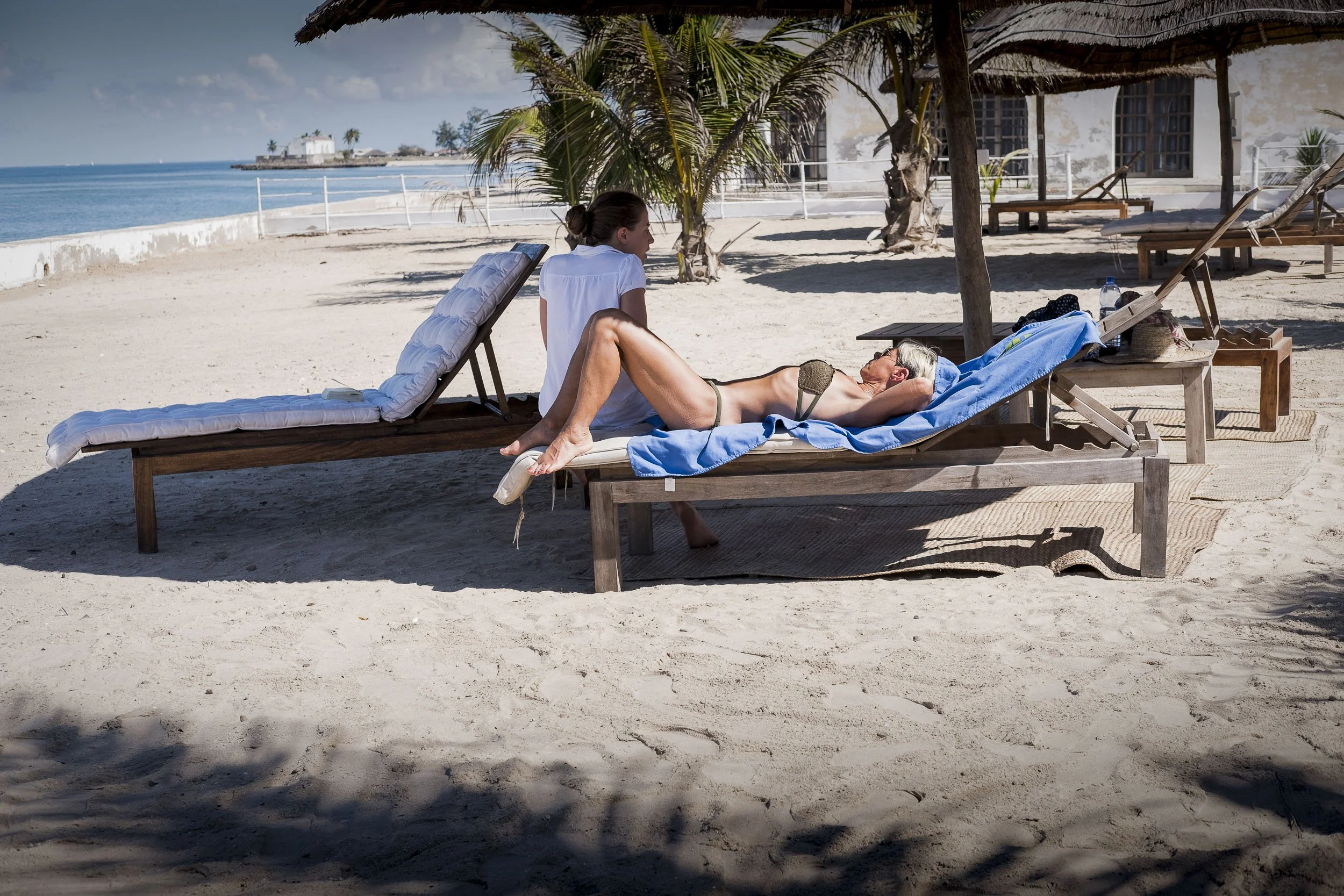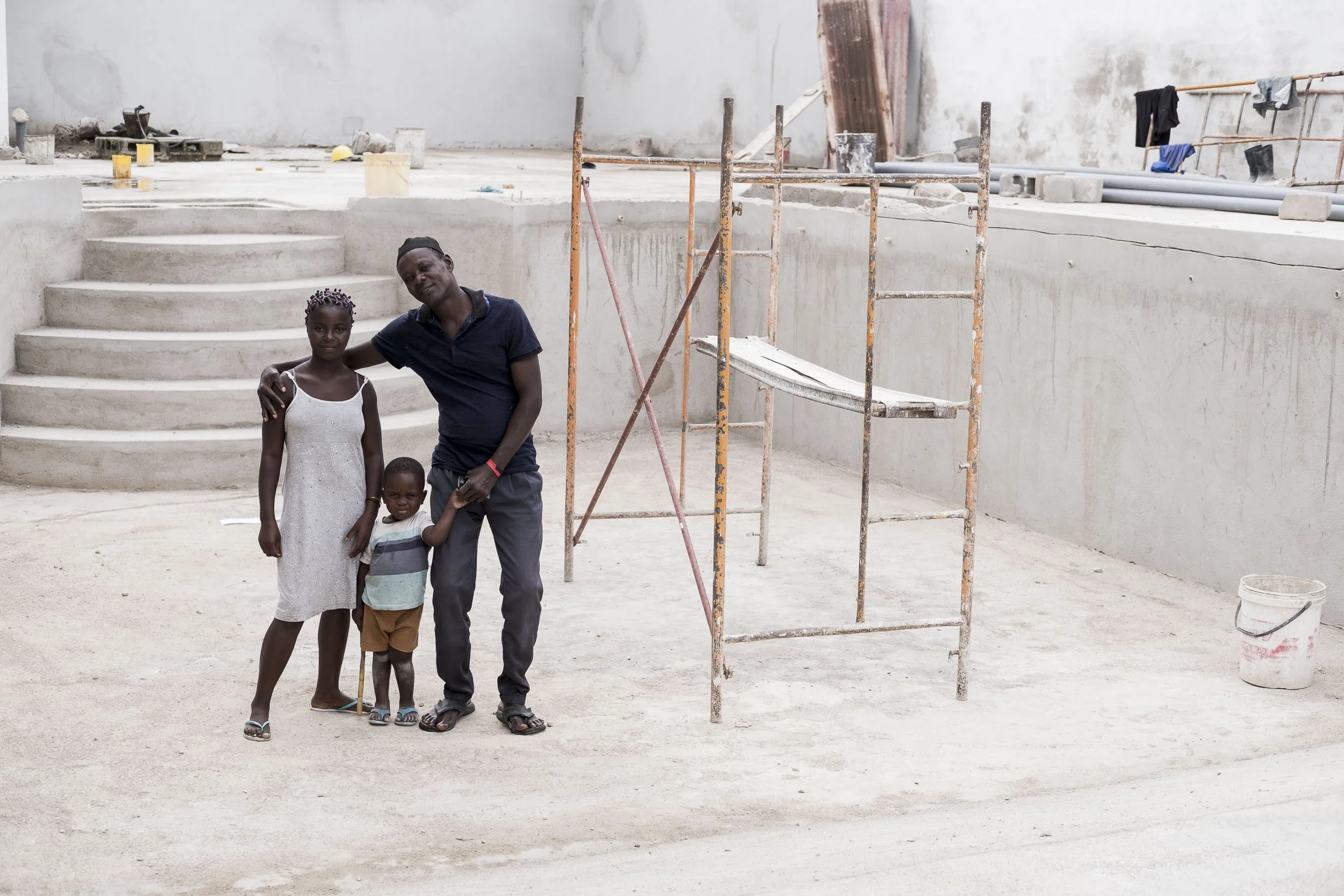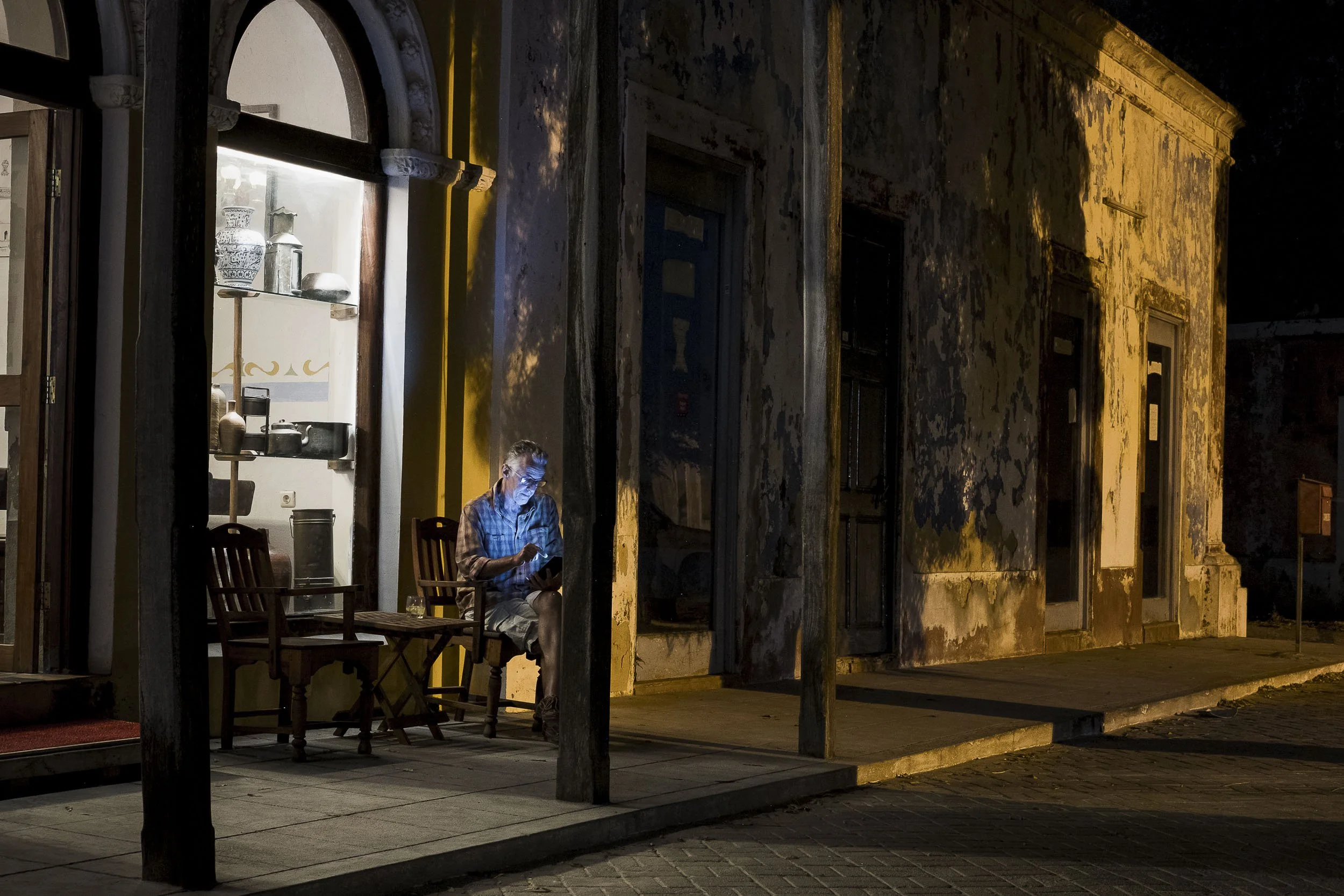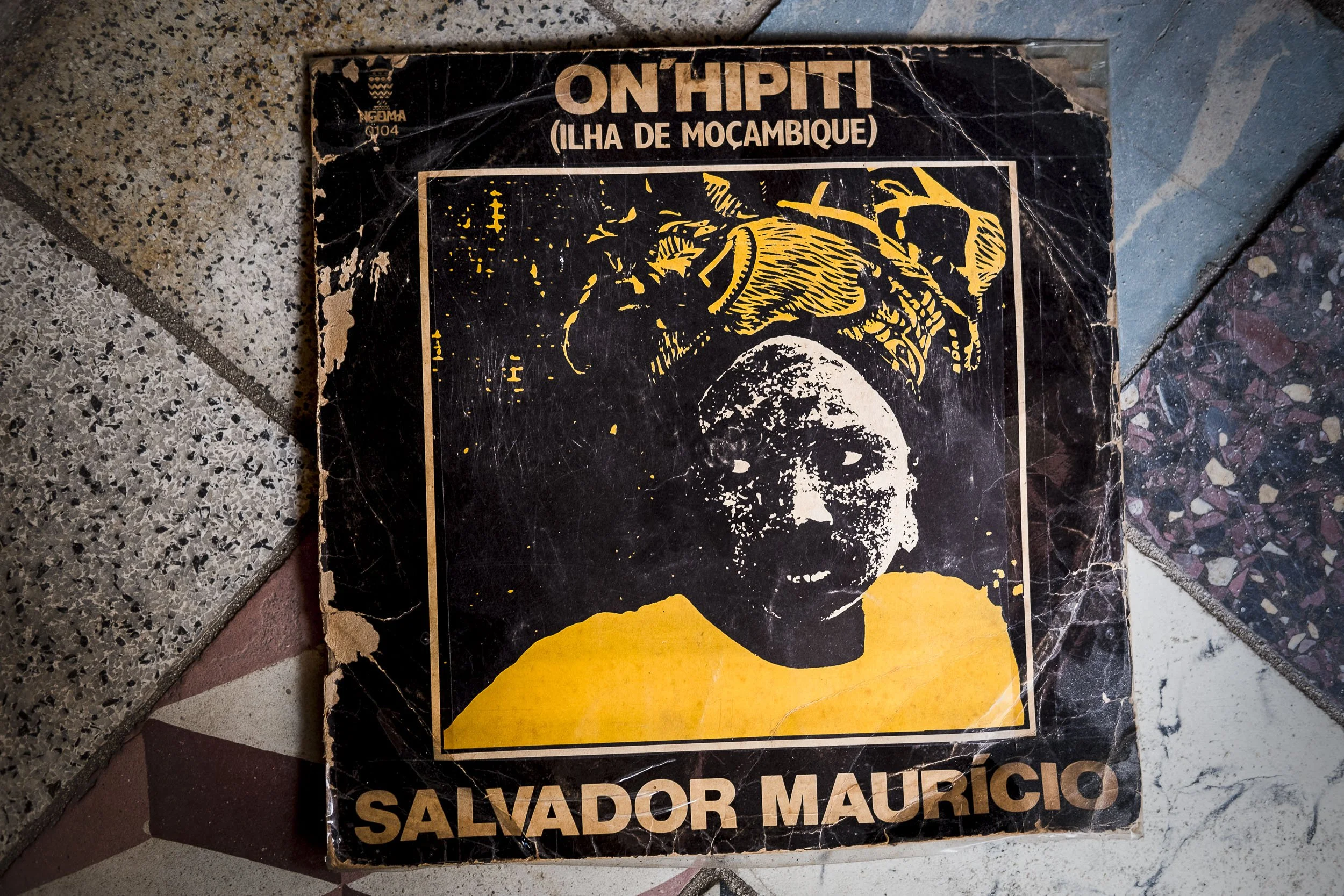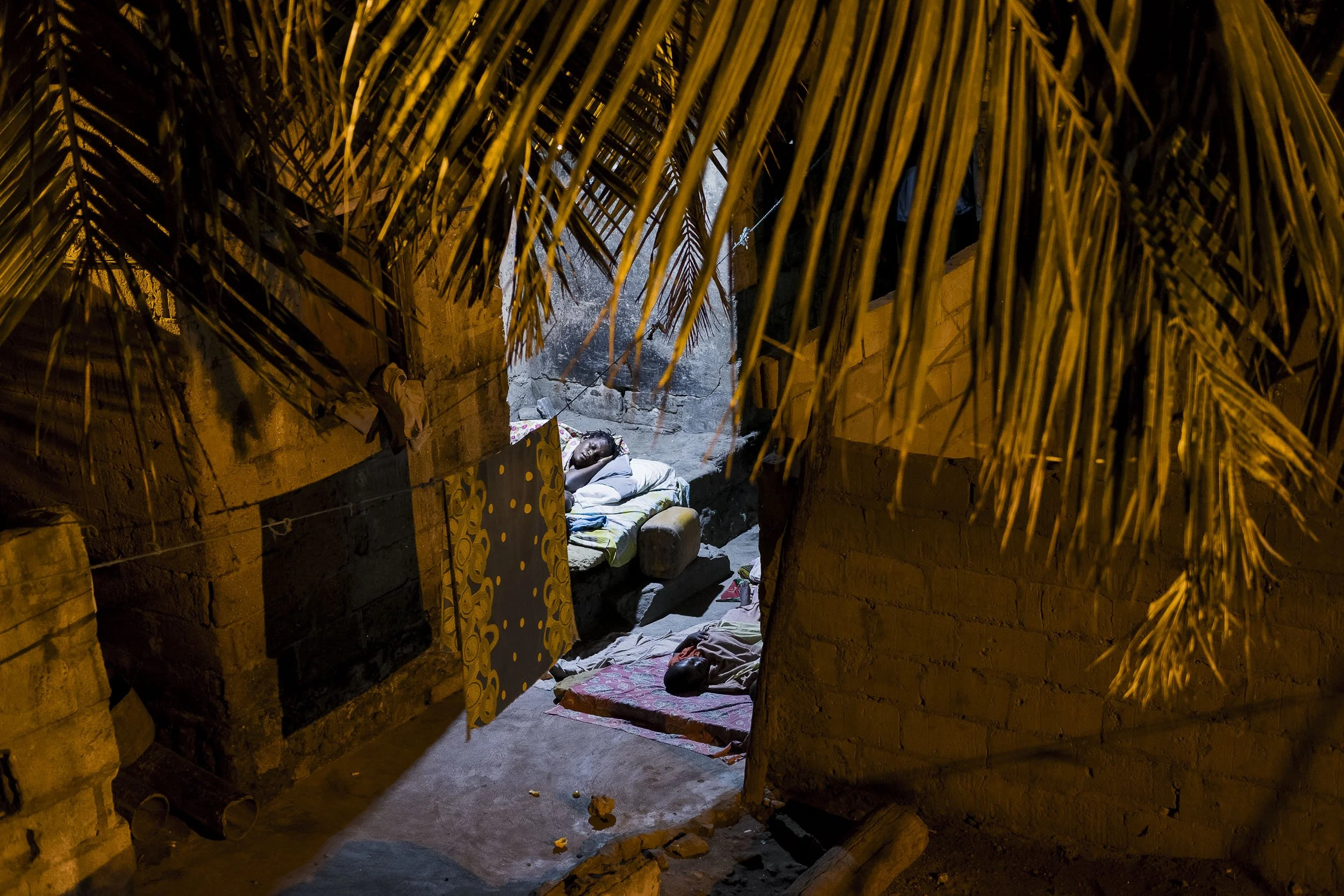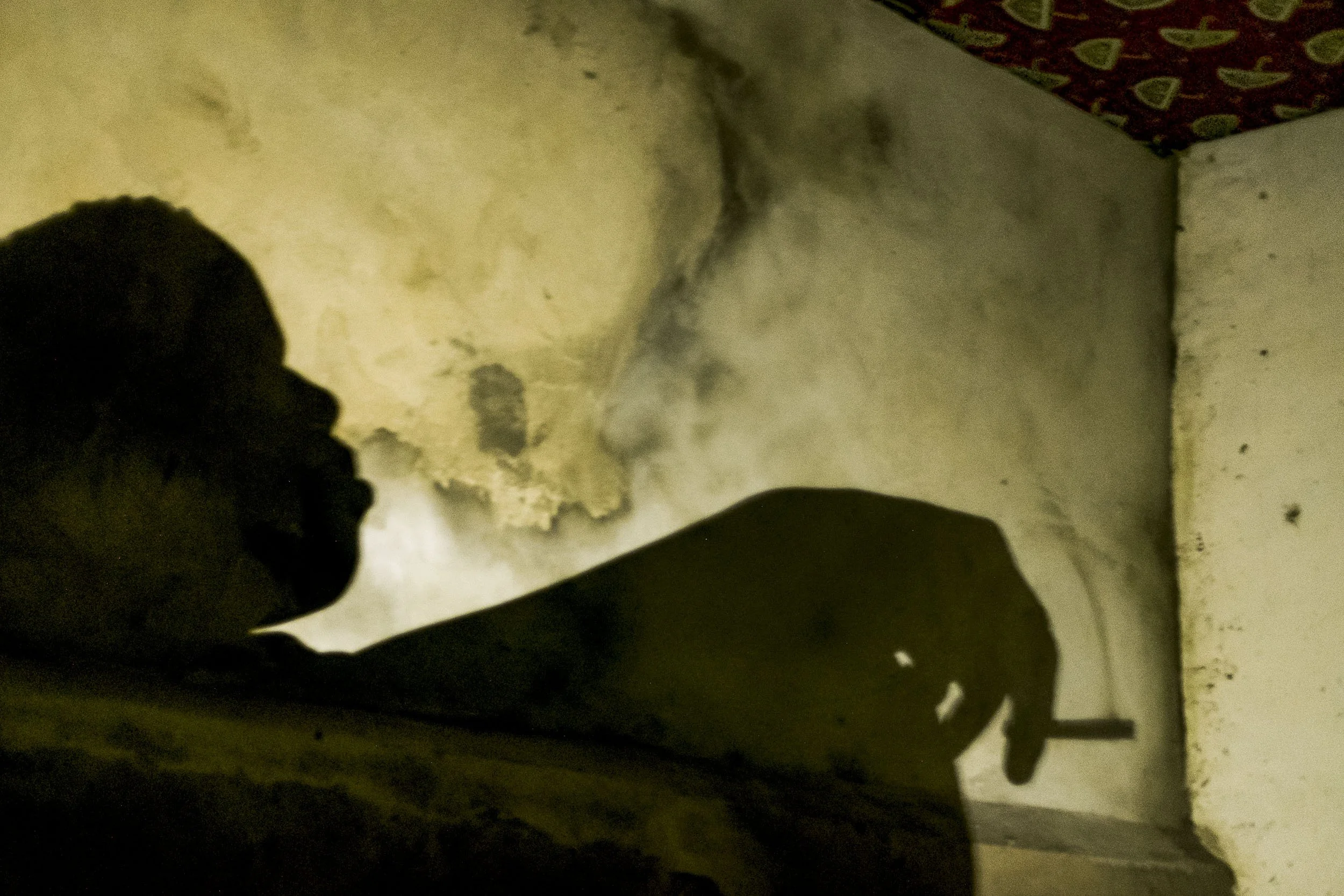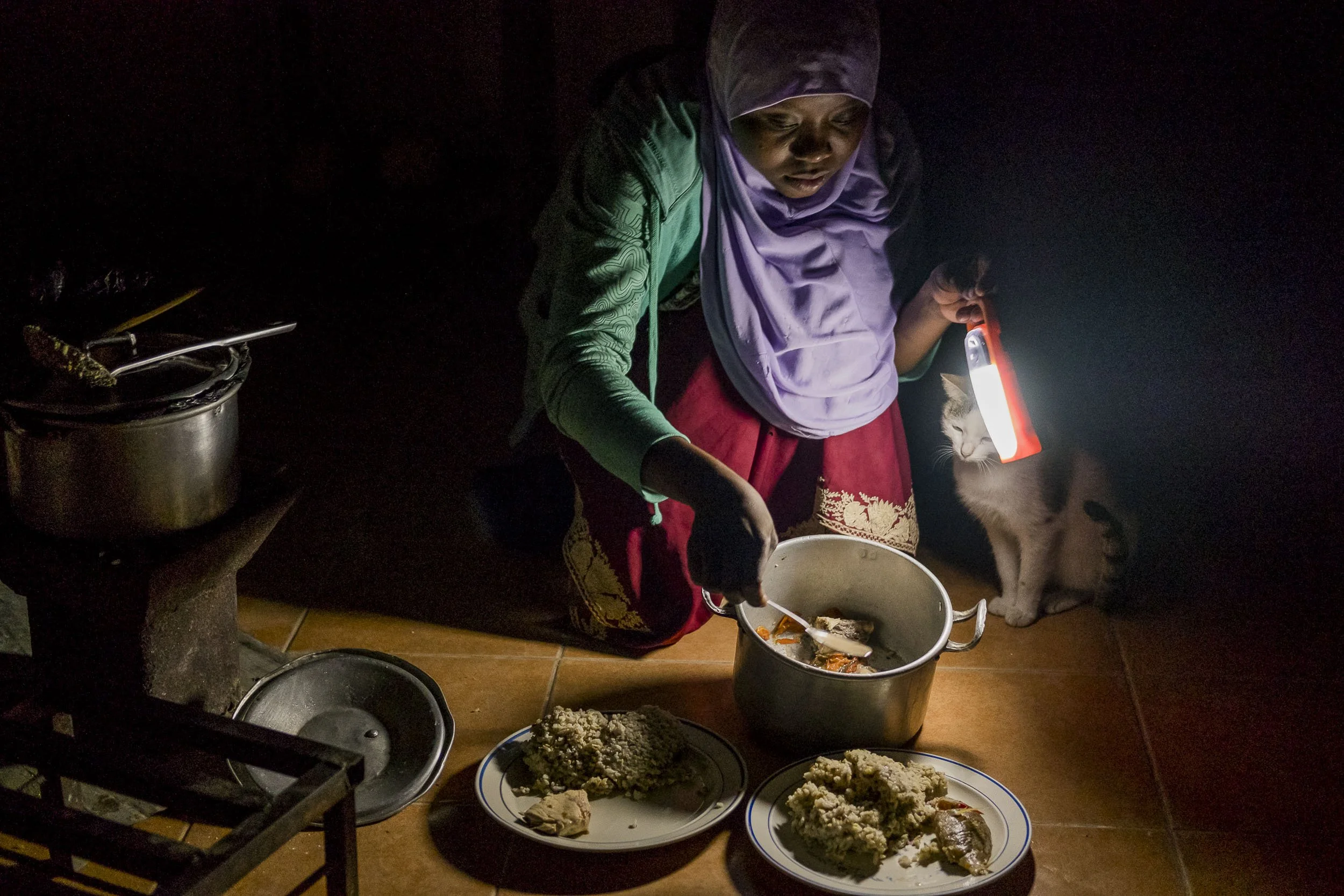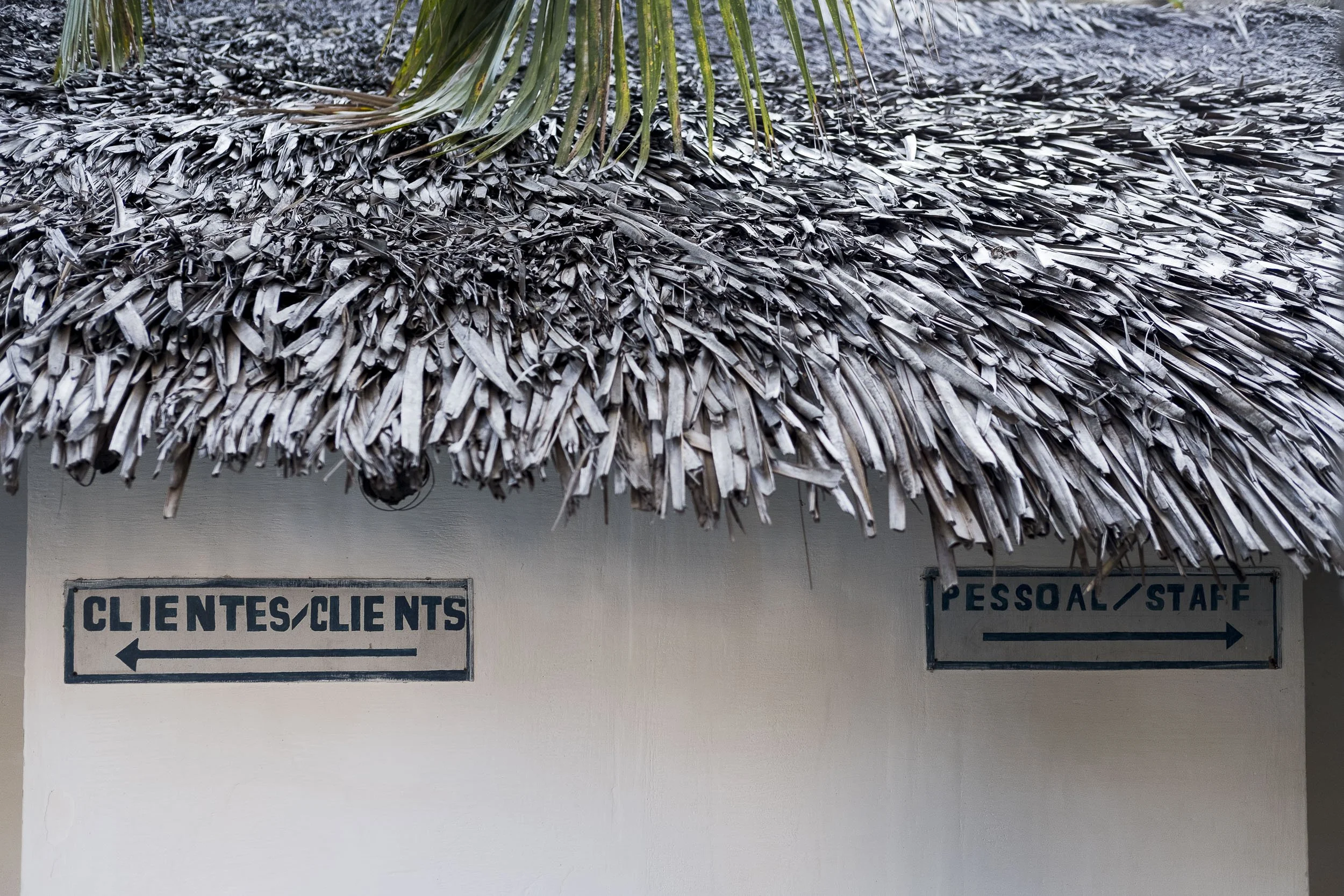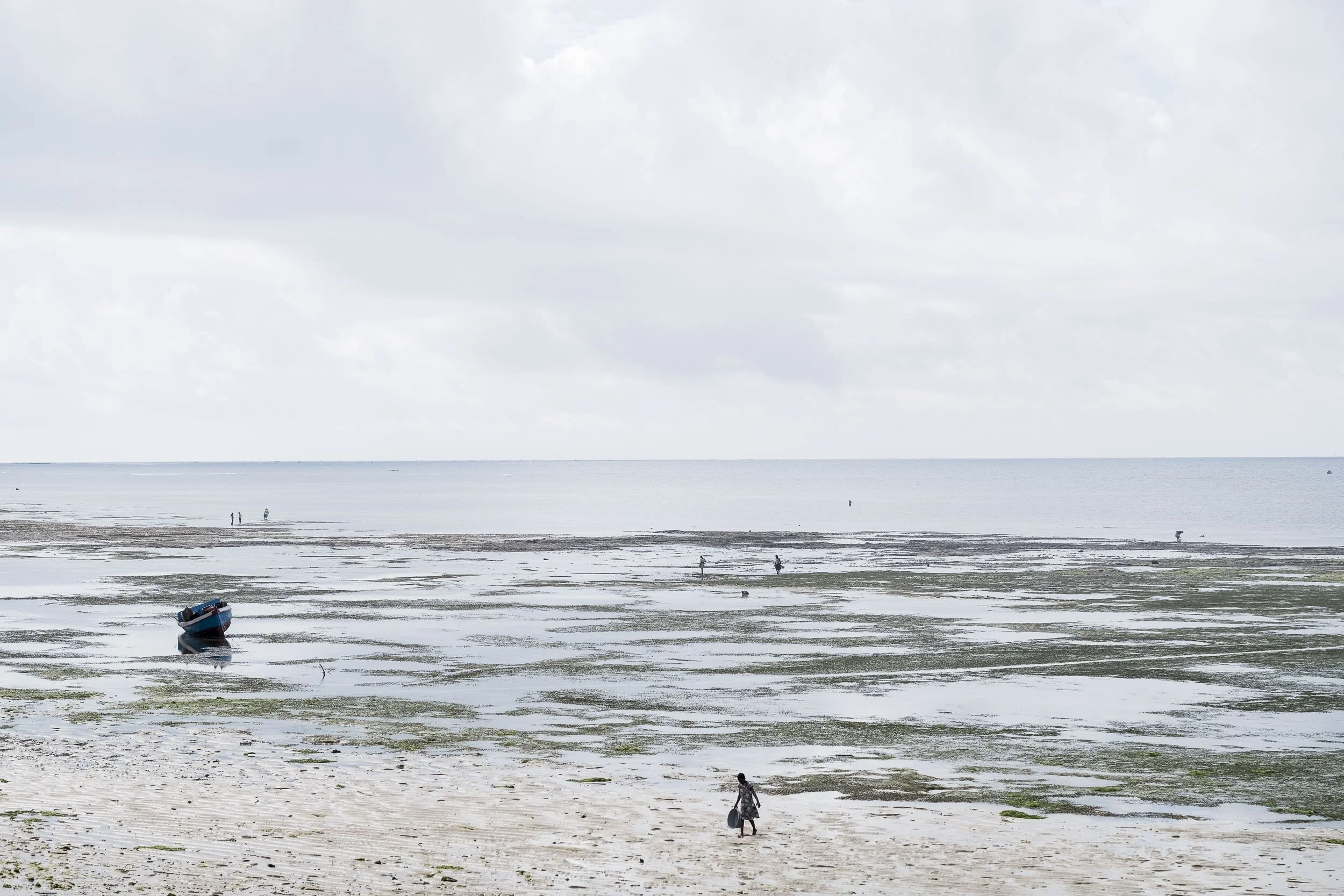
On’Hipiti
(Ilha de Moçambique)
2019-2024 #photography #mixedmedia
On’hipiti evokes an island of layered identities—colonial memories, lived present, and imagined futures. My photographs enter into dialogue with archival postcards and engravings, exposing continuities and fractures across a century of representation.
As a white European photographer, I question my own gaze: do I inevitably repeat the gestures of those images that preceded me? Can the camera resist the legacies of power it carries within?
This project does not seek answers, but to hold open the space of tension—between past and present, self and other, memory and invention—where new ways of seeing might emerge.
© Arquivo municipal de Maputo, 1960.
Colleçao de Gravuras Portuguesas.
Serie 11. Moçambique.
For centuries, On’Hipiti – Ilhâ de Mozambique has been a crossroads of the Indian Ocean: a refuge, a place of exchange, where cultures meet, blend, and leave traces in the landscape and in the imagination of those who arrive.
The island resists definition, inviting us instead to dwell in its rhythms, to listen, to become part of its ongoing narrative.
“For almost 400 years, Ilha de Moçambique was the colonial capital of Portuguese East Africa, situated on the maritime routes of gold, spices and slaves.”
Fishermen waiting at the fish market.
Placement of stone cross, Santo Antonio church.
© Arquivo municipal de Maputo, 1969.
“Slavery was abolished in 1837, and the traffic died down after 1840”
“...developing the country’s tourism industry as a key catalyst for rapid economic growth and job creation in support of the Government’s economic development goals... promoting sustainable destinations—including Mozambique Island…”
1913, © Archivo municipal de Maputo.
1969, Mosque inauguration.
© Archivo municipal de Maputo
“Mozambique Island serves as a compelling case study in balancing the preservation of cultural heritage with the integration of modern tourism trends. This balance is crucial for sustainable tourism development.”
